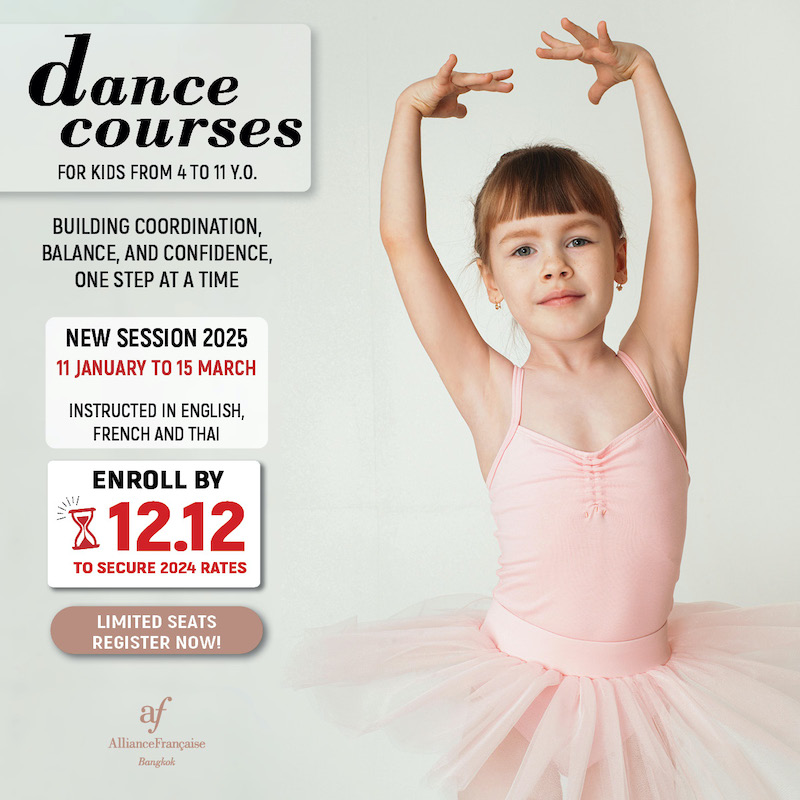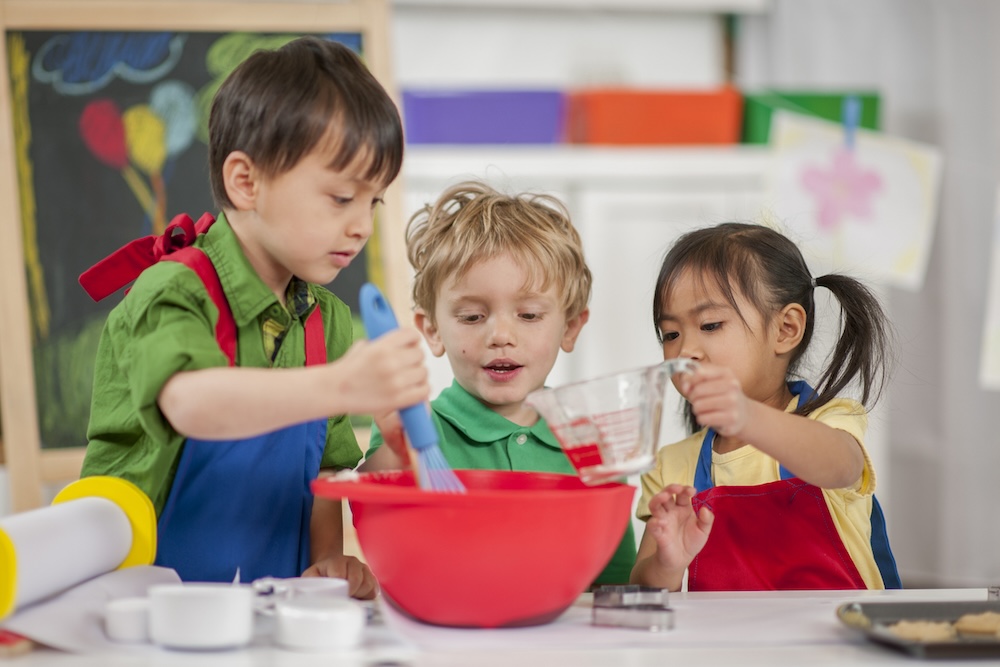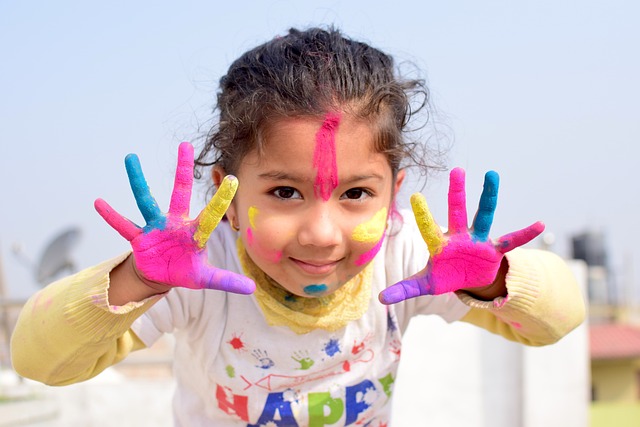The International Baccalaureate (IB) system is well known at the secondary school level for its rigorous curriculum, affording students with the opportunity to take university-level classes and pursue the IB Diploma. But what about IB at lower levels, such as in primary school?
The IB Primary Years Programme (IB PYP) has been specifically designed for students aged 3 to 11 years. In a nutshell, students are encouraged to learn and explore through the use of inquiry, both in the classroom and in the world outside. By developing and asking questions structured around key concepts, students research answers, pose and solve problems, and engage in experiences that promote the acquisition of knowledge – and become effective life-long learners.
Growth of the whole child, encompassing their academic, social, physical, emotional and cultural needs, is paramount. Towards this end, the PYP provides an international curriculum consisting of five essential elements: Knowledge, Concepts, Skills, positive Attitudes towards learning, and taking Action, which offers children the opportunity to apply their knowledge in the real world.
At KIS International School, the PYP Grade 5 exhibition serves as a great example of this type of learning. The students fully own their projects and are responsible for every twist and turn that their project takes them on. Other curricula tend to have teachers telling students exactly what they should be doing, whereas this IB PYP teaches the students to find their own paths to success, of course with mentoring from the teachers.
The projects presented at the school’s recent exhibition were compelling, reflecting meaningful learning experiences. Students focused on different problems that the world is facing such as global warming, deforestation, and the mistreatment of animals, and they found real solutions through their research and strong understanding of the issues at hand. They employed interdisciplinary skills to research, create and present their work.
Every student dove into subjects such as humanities, science, mathematics, and English, and demonstrated fantastic research and presentation skills. As research shows, this is the way that children should be learning so that they are prepared for an ever-changing world. “We are so proud of our Grade 5 students for the work that they presented. They are certainly ready to advance to the Middle Years Programme at KIS!” said a parent of one of the students.
Editor’s Note: This article is sponsored content from KIS International School.

















